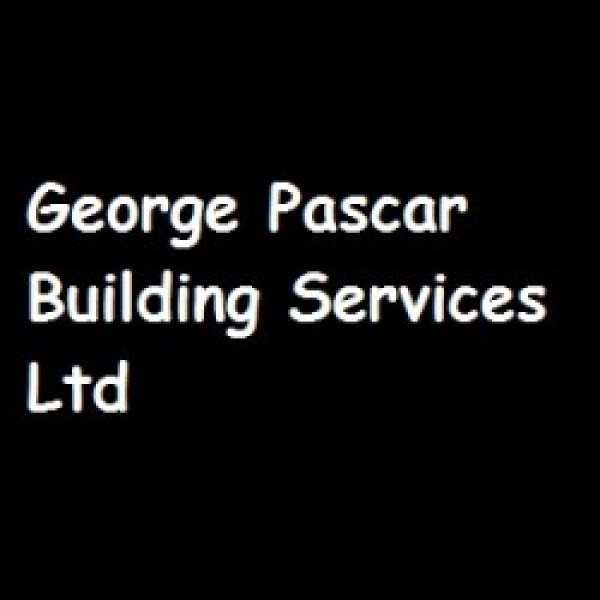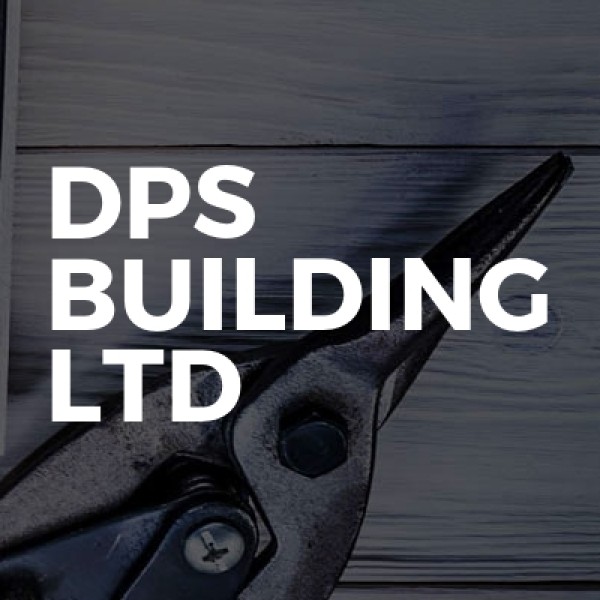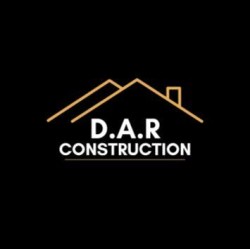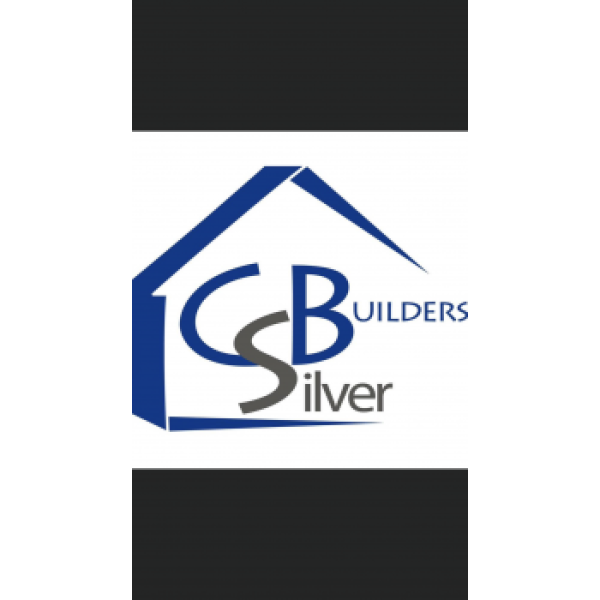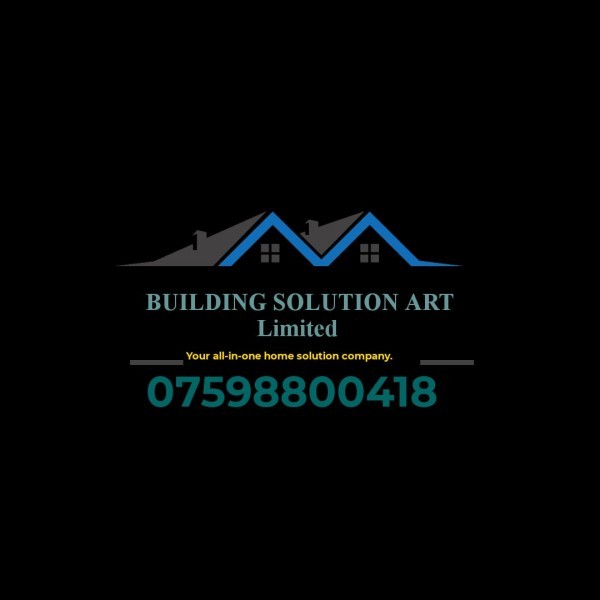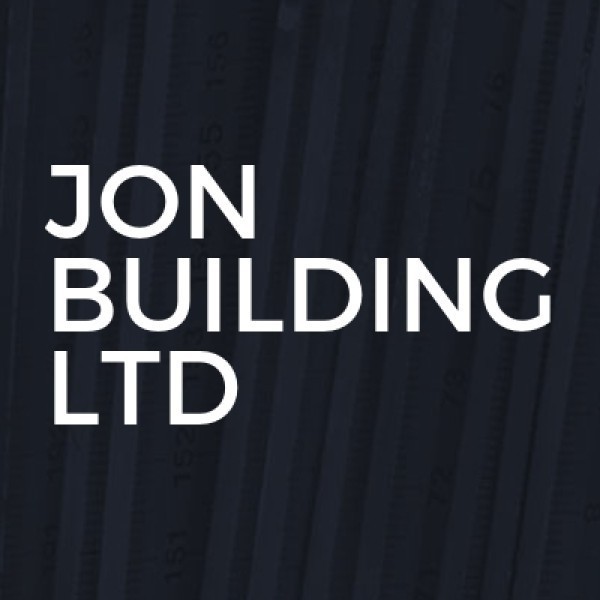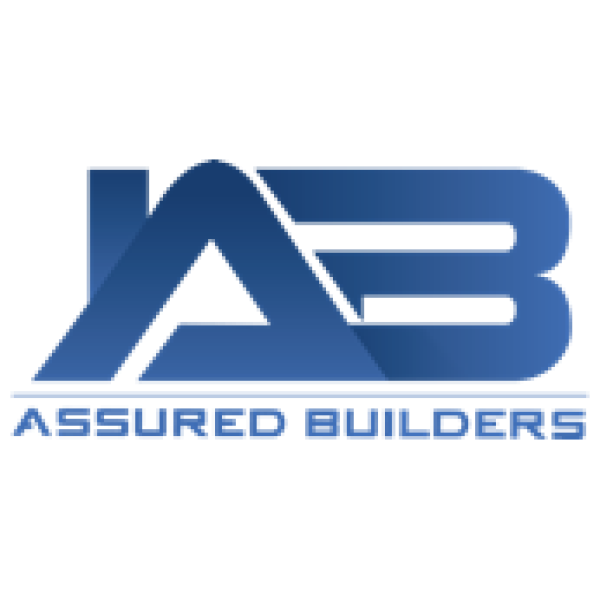Loft Conversions in Islington
Search Loft Conversions in places nearby
Understanding Loft Conversions in Islington
Loft conversions in Islington have become a popular choice for homeowners looking to maximise their living space without the hassle of moving. This vibrant area of London offers unique opportunities and challenges for loft conversions, making it essential to understand the process thoroughly. Whether you're seeking an extra bedroom, a home office, or a creative studio, a loft conversion can be a fantastic way to add value and functionality to your home.
The Appeal of Loft Conversions
Loft conversions are an attractive option for many reasons. They allow homeowners to make the most of unused attic space, transforming it into a functional area that meets their needs. In Islington, where property prices are high, a loft conversion can be a cost-effective way to increase your home's value and living space. Moreover, with the charm and character of Islington's architecture, a well-executed loft conversion can enhance the aesthetic appeal of your home.
Types of Loft Conversions
There are several types of loft conversions to consider, each with its own benefits and considerations:
- Dormer Loft Conversion: This is one of the most common types, involving an extension to the existing roof, creating additional floor space and headroom.
- Mansard Loft Conversion: Typically found in urban areas, this involves altering the roof structure to create a flat roof with a back wall sloping inwards.
- Hip to Gable Loft Conversion: Ideal for semi-detached or detached houses, this conversion extends the hip roof to create a vertical gable wall, increasing interior space.
- Velux Loft Conversion: The simplest and most cost-effective option, this conversion involves installing Velux windows into the existing roofline without altering the roof structure.
Planning Permission and Regulations
Before embarking on a loft conversion in Islington, it's crucial to understand the planning permission and building regulations involved. While some loft conversions fall under permitted development rights, others may require planning permission, especially if your property is in a conservation area or is a listed building. Consulting with the Islington Council and a professional architect can help ensure compliance with all necessary regulations.
Choosing the Right Professionals
Selecting the right professionals is key to a successful loft conversion. Look for architects and builders with experience in Islington, as they will be familiar with local regulations and architectural styles. It's wise to check references, view previous projects, and ensure they have the necessary qualifications and insurance. A good professional will guide you through the design, planning, and construction phases, ensuring a smooth process.
Design Considerations
Designing your loft conversion involves several considerations to ensure it meets your needs and complements your home. Think about the purpose of the space, the layout, and how it will integrate with the rest of your home. Consider natural light, ventilation, and insulation to create a comfortable and energy-efficient space. Working with an experienced designer can help you make the most of your loft conversion.
Budgeting for Your Loft Conversion
Budgeting is a critical aspect of any home improvement project. The cost of a loft conversion in Islington can vary significantly depending on the type of conversion, the size of the space, and the quality of materials used. It's essential to set a realistic budget and include a contingency for unexpected expenses. Obtaining quotes from multiple contractors can help you find the best value for your investment.
Maximising Space and Functionality
One of the main goals of a loft conversion is to maximise space and functionality. Clever design solutions, such as built-in storage, multi-functional furniture, and open-plan layouts, can help you make the most of your new space. Consider how the loft conversion will be used and plan accordingly to ensure it meets your needs now and in the future.
Enhancing Natural Light
Natural light can transform a loft conversion, making it feel more spacious and inviting. Consider installing skylights, dormer windows, or even a roof terrace to bring in as much light as possible. The orientation of your home and the position of windows can significantly impact the amount of natural light, so it's worth discussing options with your architect.
Insulation and Energy Efficiency
Proper insulation is essential for a comfortable and energy-efficient loft conversion. Insulating the roof, walls, and floors can help maintain a consistent temperature and reduce energy bills. Consider using sustainable materials and energy-efficient windows to enhance the eco-friendliness of your conversion.
Addressing Structural Challenges
Loft conversions often present structural challenges, such as low ceilings, awkward angles, and limited access. Addressing these challenges requires careful planning and expertise. Reinforcing the floor, adjusting the roof structure, and installing a suitable staircase are common solutions to ensure the safety and functionality of your loft conversion.
Incorporating Modern Technology
Modern technology can enhance the functionality and comfort of your loft conversion. Consider incorporating smart home features, such as automated lighting, climate control, and security systems. These technologies can make your new space more convenient and enjoyable to use.
Legal and Safety Considerations
Ensuring your loft conversion complies with legal and safety standards is paramount. This includes adhering to fire safety regulations, ensuring proper ventilation, and meeting building codes. Working with experienced professionals can help you navigate these requirements and ensure your conversion is safe and legal.
Adding Value to Your Home
A well-executed loft conversion can significantly increase the value of your home. By adding additional living space, improving functionality, and enhancing the aesthetic appeal, a loft conversion can make your property more attractive to potential buyers. It's a wise investment that can pay off in the long run.
Frequently Asked Questions
- Do I need planning permission for a loft conversion in Islington? It depends on the type of conversion and your property's location. Consult with Islington Council for guidance.
- How long does a loft conversion take? The duration varies, but most conversions take between 6 to 12 weeks, depending on complexity.
- Can all lofts be converted? Not all lofts are suitable for conversion. Factors like head height, roof structure, and access need to be considered.
- What is the cost of a loft conversion in Islington? Costs vary widely, but a basic conversion typically starts around £30,000, with more complex projects costing significantly more.
- Will a loft conversion add value to my home? Yes, a loft conversion can increase your home's value by up to 20%, depending on the quality and type of conversion.
- How can I ensure my loft conversion is energy-efficient? Use high-quality insulation, energy-efficient windows, and consider sustainable materials to improve energy efficiency.
Loft conversions in Islington offer a fantastic opportunity to enhance your home and lifestyle. By understanding the process, working with experienced professionals, and considering all aspects of design and functionality, you can create a space that meets your needs and adds significant value to your property.




